Mark Tutssel became Executive Chairman of Leo Burnett Worldwide and the first creative leader of the agency since Leo Burnett himself in February 2018. This week, Tutssel added a new title. He is Grand Jury President for ADFEST 2019.
What has struck you most at ADFEST this year?
I think the quality of work has improved enormously.
When I first visited ADFEST a decade ago, it was predominately print, posters
and television and very little that used the other channels available to us.
But this time, I saw a lot of really inventive, imaginative, progressive work,
particularly in brand entertainment and branded content. Ideas that truly wove
themselves into popular culture in an interesting way. Craft here is always of
the highest order. I always expect immaculate craft. But this year there was
some really beautifully done and beautifully observed work. Work that also
captured the rich flavour of the region. I always look at this region as a
melting pot of various talents and multiple approaches to modern day
communication – and the character, wit, humour and personality of each of the
countries really had a presence this week. We saw some great work and had some
great debate.
What makes good branded content?
Any form of content competes with popular culture and I’ve always believed that we don’t have a divine right to people’s attention. We intrude in people’s lives and we have to reward them for the time they spend with any form of communication. Branded content has to be, first and foremost, engaging and incredibly interesting. Entertainment, of course, is the operative word. We must engage in a form of communication that people want to consume and want to share. And the important thing is the brand. The brand has to play an integral part in that content. It has to have a reason for being and the best examples we saw this week skilfully wove the brand and the meaning or purpose of the brand and the brand attributes into the content in such a seamless fashion that it just became part of the fabric of the storytelling.
I think there’s a body of work out there that assumes
people are interested in the category. And the time lengths seem to get longer
and longer…and longer and longer. We’re not making feature films. People,
though, do have a fascination with moving pictures. People love storytelling.
They love great narration. And when you find ideas that captivate people, they
will immerse themselves in that content and stay with you. During the course of
the week’s judging, we saw many examples of good content that understood its
audience, entertained, engaged and created a really compelling narrative and a
really interesting way of weaving the brand into people’s lives. We also saw
the polar opposite with work that was just sponsored content.
There can be a discrepancy between work that wins
creative awards and work that wins effectiveness awards. Should advertising be
worried?
Not at all. Creativity is the most valuable asset in business today. I’ve always believed that. And there is an inextricable link between creativity and marketplace impact. Particularly today, people demand creativity in everything that we offer. They will not engage with us unless the content is creative and interesting and more importantly, of human value. I believe the higher the creativity, the greater the marketplace success. There have been many studies over the last ten years that prove categorically the inextricable link between effectiveness and creative content. If you don’t create work that truly transforms mindset and behaviour, truly impacts culture, you’ll never get long-term effect. Never get an idea that’s sustainable and has the ability to grow the brand accordingly. But creativity is the most important ingredient. We talk a lot about the alchemy of creativity, data, technology and media to transform brands, to grow brands, and I think every major marketer today, every progressive marketer today, understands the value and importance that creativity brings to their marketing problem.
There’s a lot of pressure on advertising agencies right now. What makes a great client?
The pressure that we, as an industry, are facing at this time is huge. At one end, we have clients taking their business in-house. We have the consultancies at the other end. And we have the platforms surrounding us. But at the heart of communications today, I really believe that creative communication companies do have a place at the table and do have an important place at the table. That’s because they are an ideas industry and ideas are valuable. Ideas will always be valuable to business today. So, as long as we invest in that and use it in a powerful fashion to create that connective tissue with people, we will be successful.
What’s interesting is that there’s a new breed of client today. They’ve grown up in a different way and are totally versed in technology. They understand the importance of human data and intelligence. They’re looking to use technology in new ways to connect to people. They’re looking to infuse data into their communication. But they’re also brave. They’re audacious because they know they have to be to connect to a society that has zero interest in advertising. These clients, who have their finger on the pulse of society and of culture are successful.
Your ADFEST speech, Obey Your Hunches, is based on the idea that instinct, alchemy and
entrepreneurial thinking will win the creative future? Why will they?
The talk really is about magic. As a communicator, you have to immerse yourself in the subject and you have to know every single part of the subject and the subject matter. So that’s where data plays a great part. Data now gives us knowledge, gives us intelligence, a deep understanding of people’s behaviour and mindset. But there’s one thing it doesn’t give us. It allows us to know everything about people, what they do, when they do it, why they do it and what they’re buying. Connecting to people has never been easier. But connecting with people emotionally has never been more difficult, because people are incredibly selective and they have the ability, through technology, to close the door. For me, success is about how we trust our gut, trust our instinct, have those ideas that you believe in. if you think of entrepreneurs, of the unicorn brands, all of those have trusted something, have been guided by instinct as much as knowledge.
It’s about intuition and creating empathy and also
about being intelligent and intuitive simultaneously. This is not paint by
numbers. Data is hugely important but we must prize ideas and find those new,
fresh ideas that challenge the status quo, that point the compass to the future
and prize and delight and reward people for the time they spend with us. We are
about future-facing communication. Interestingly, that’s also what ADFEST is
about.
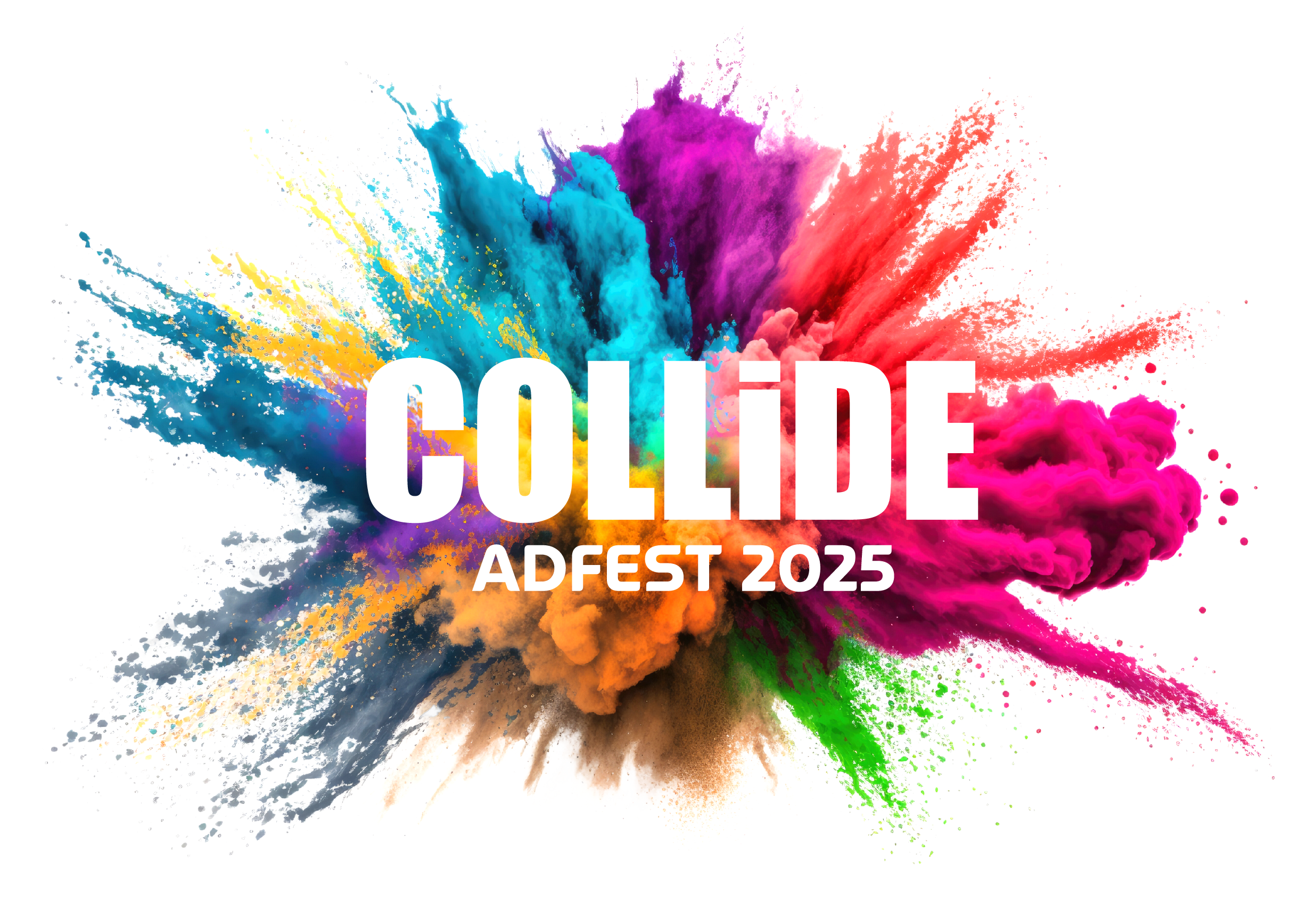





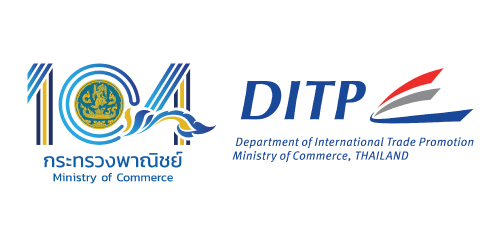
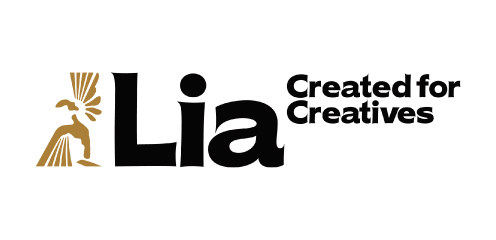
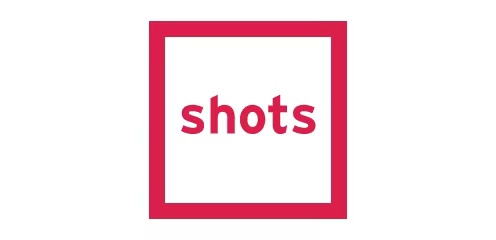
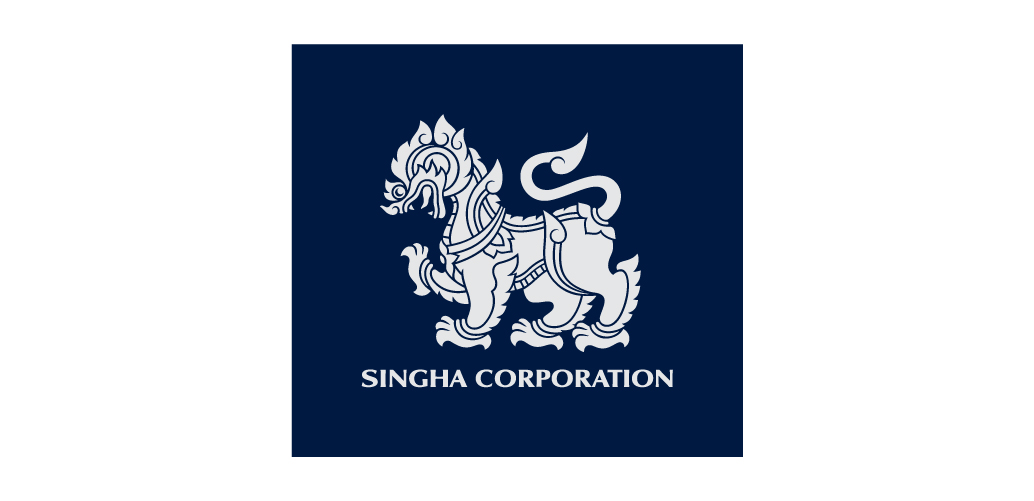
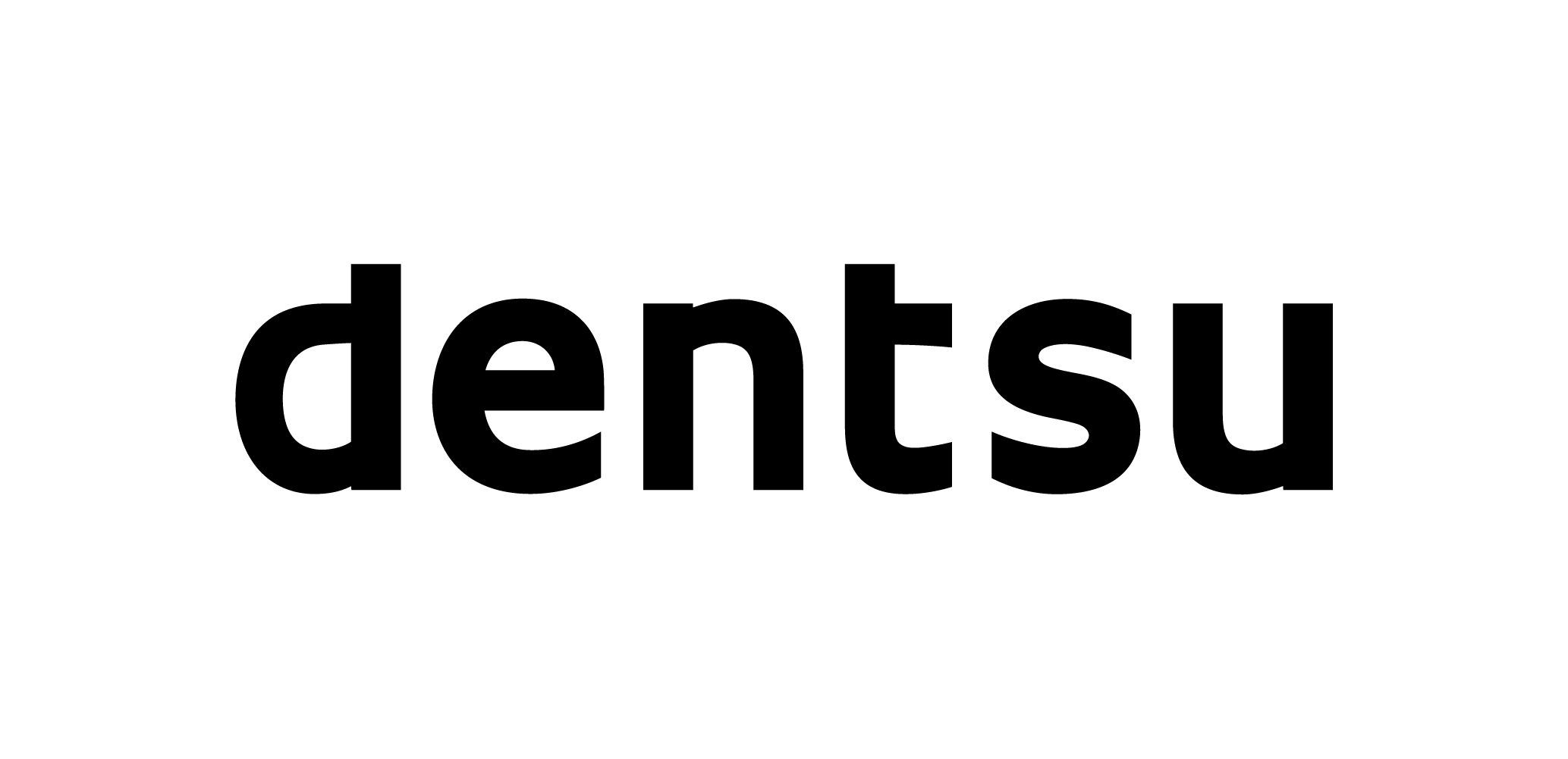
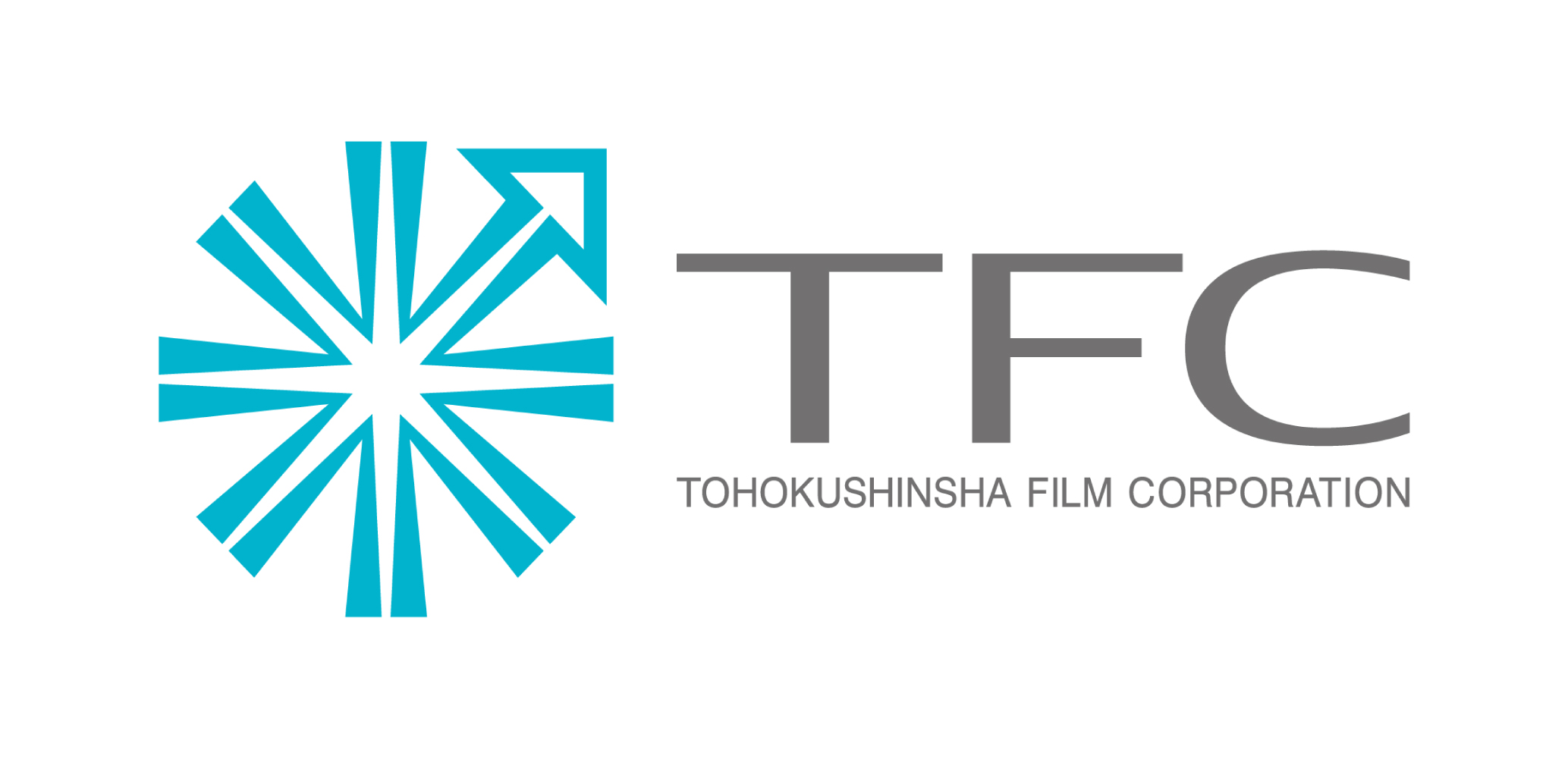
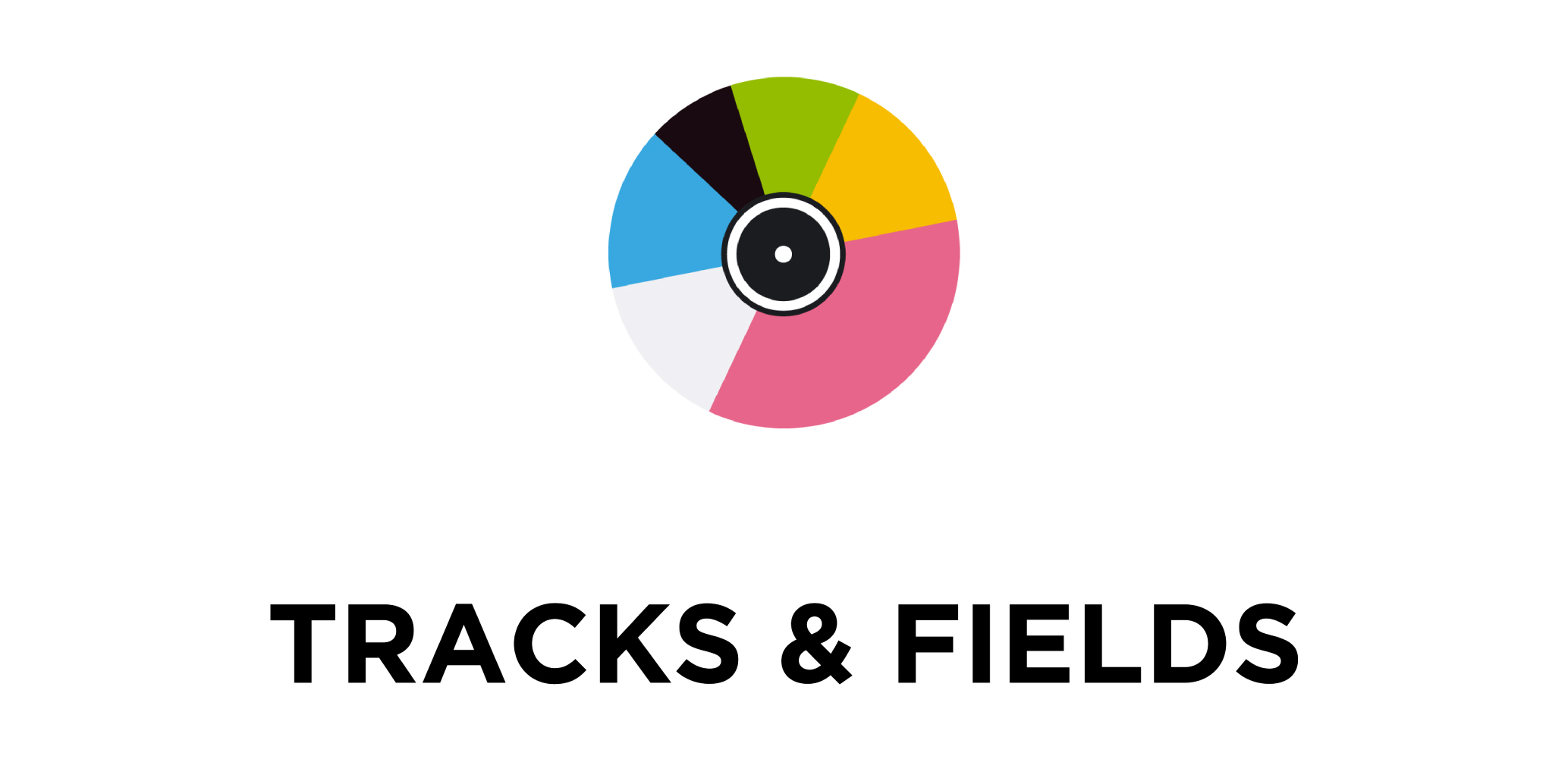
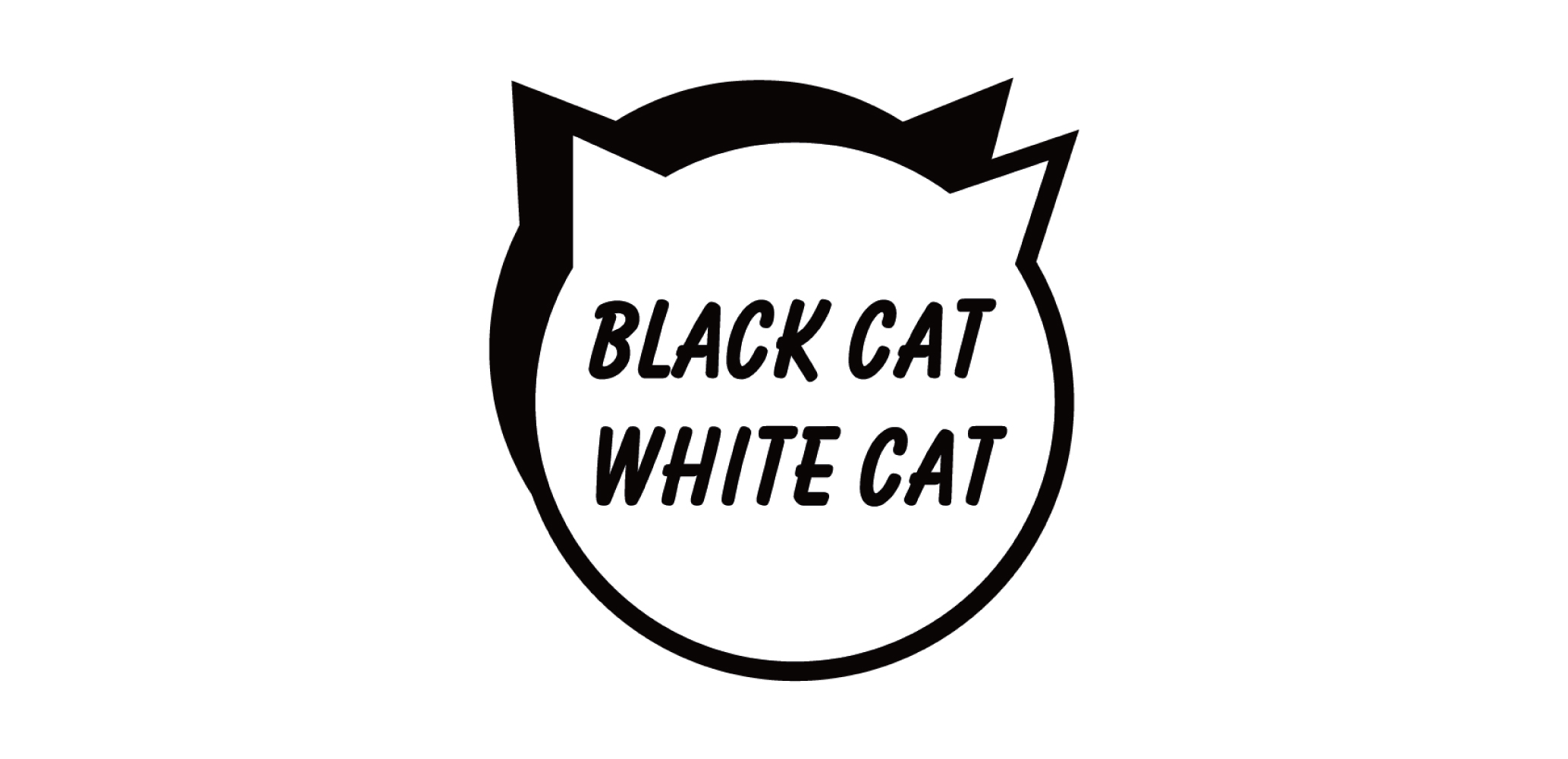
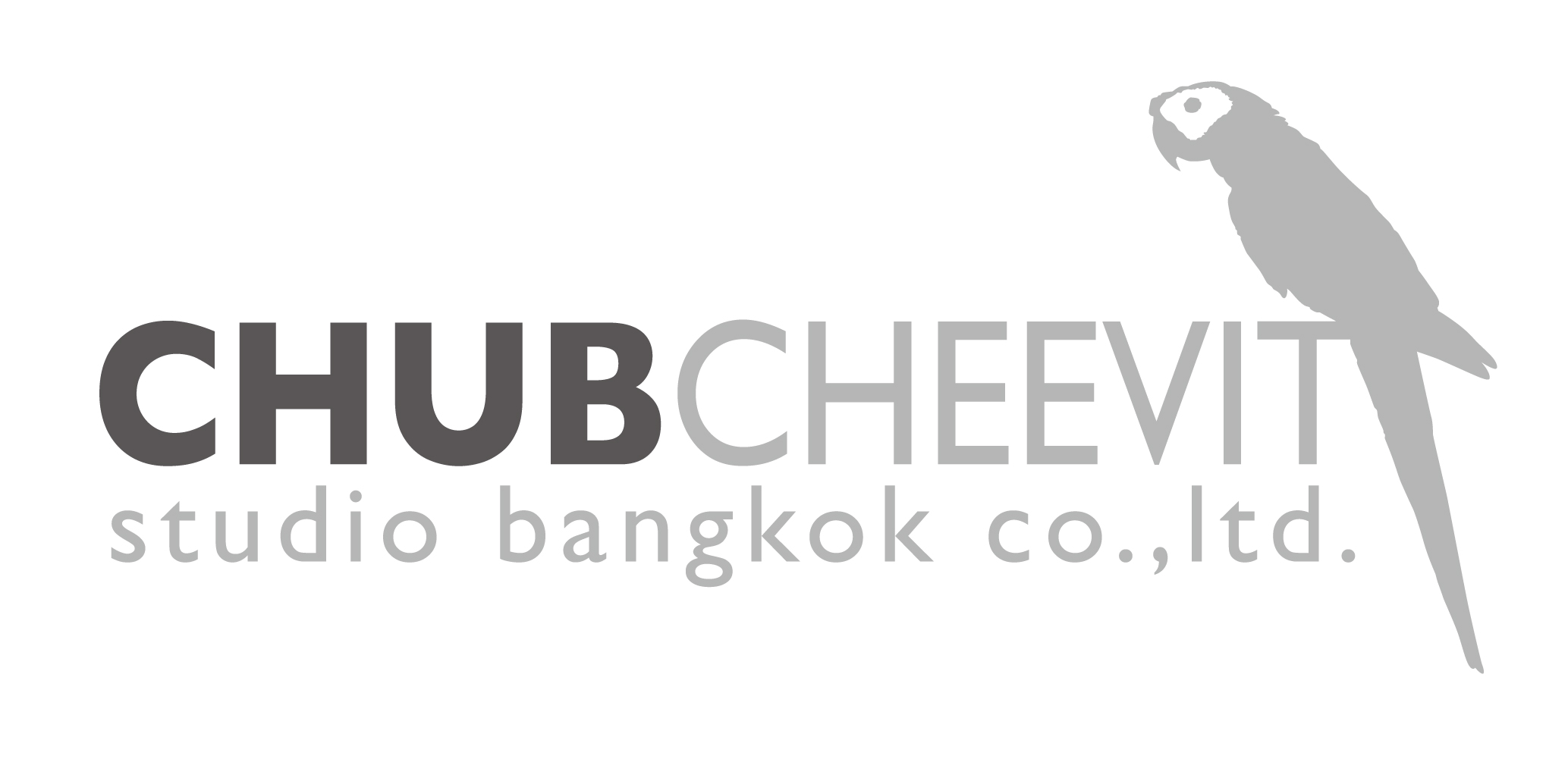
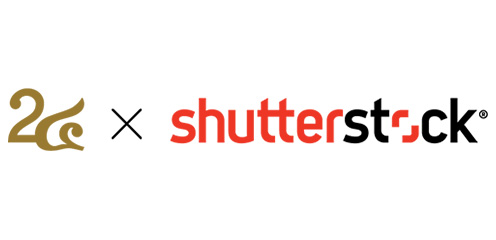
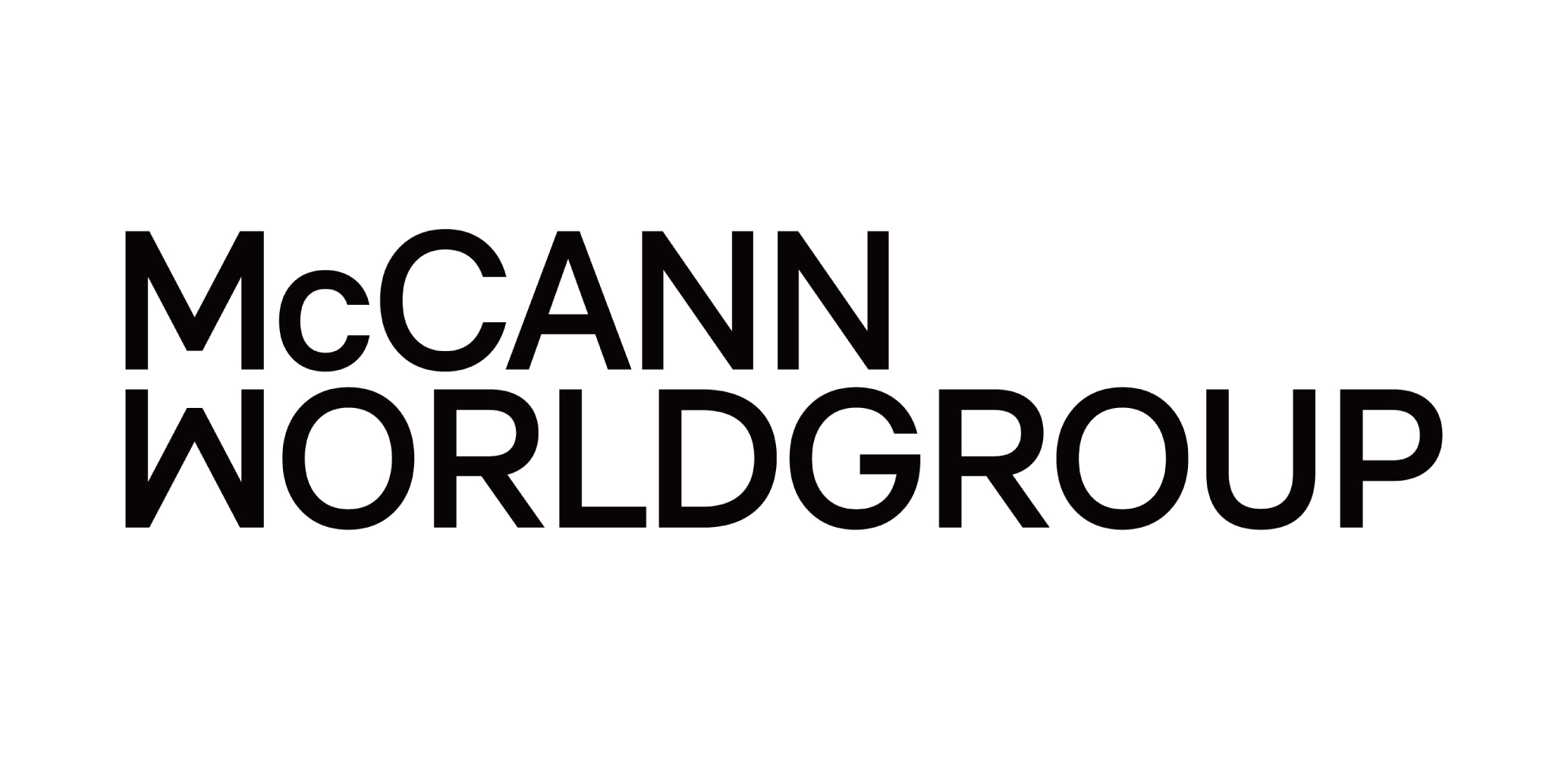
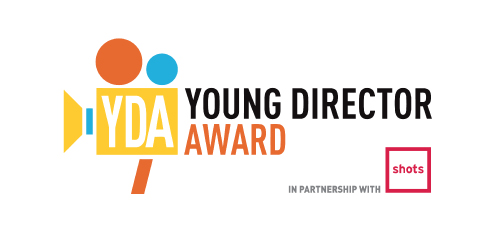
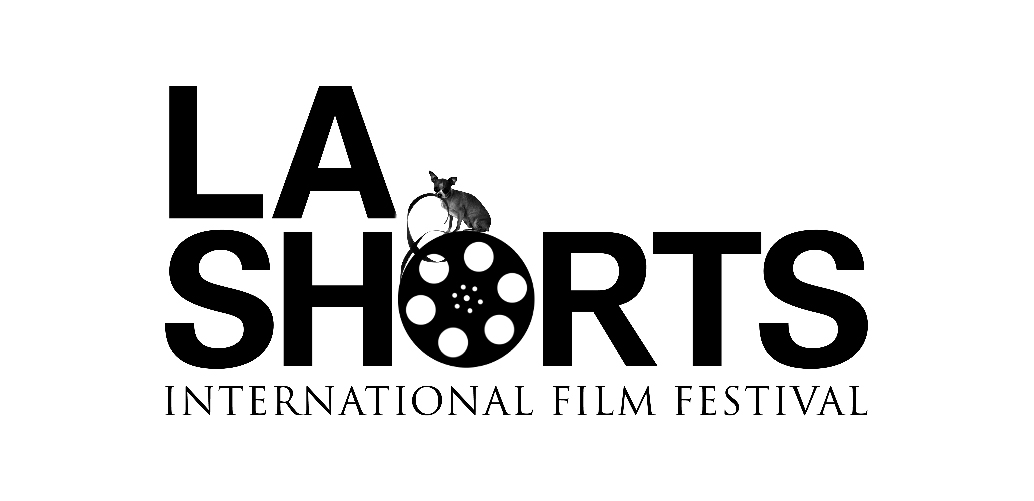
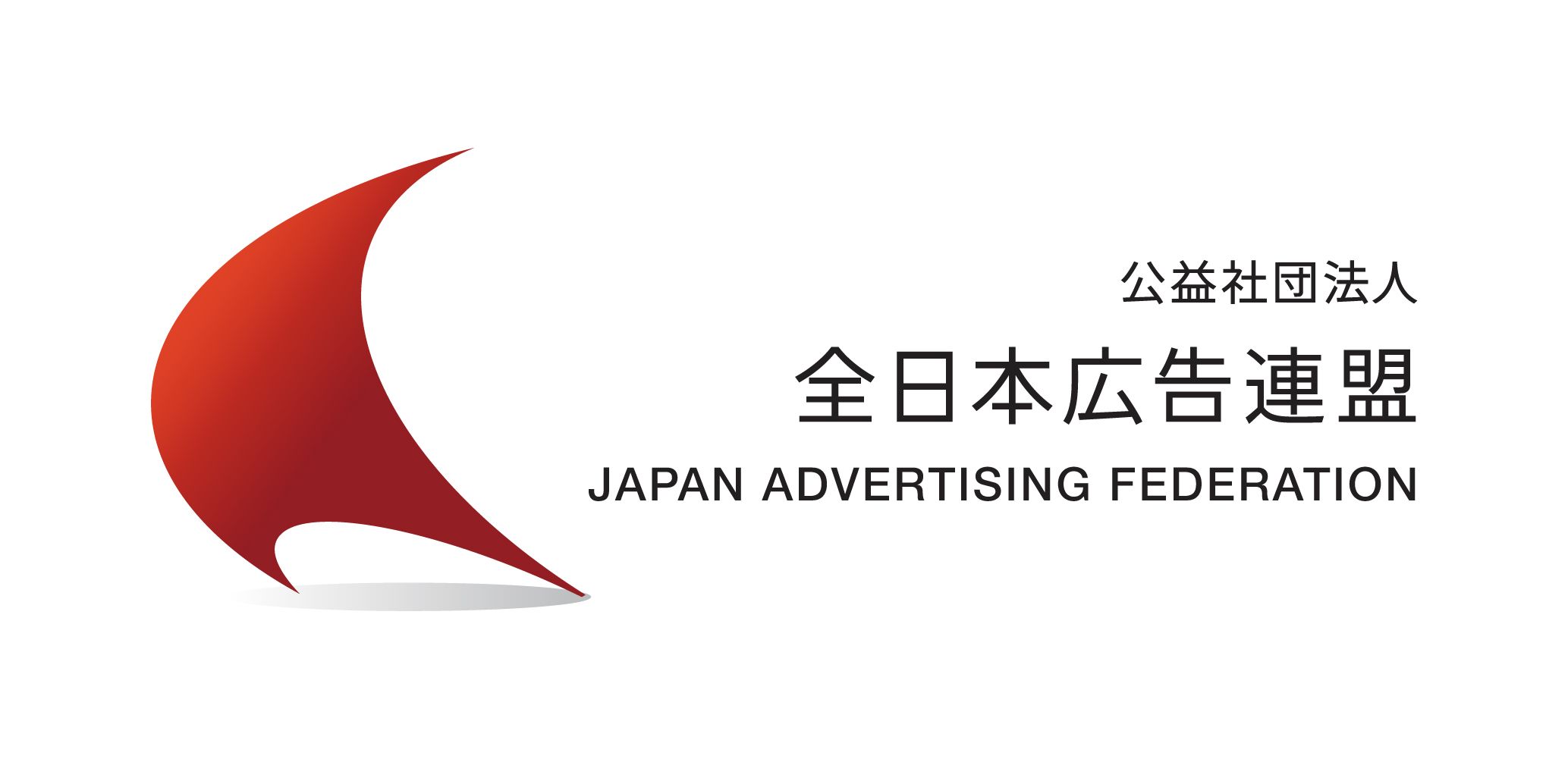
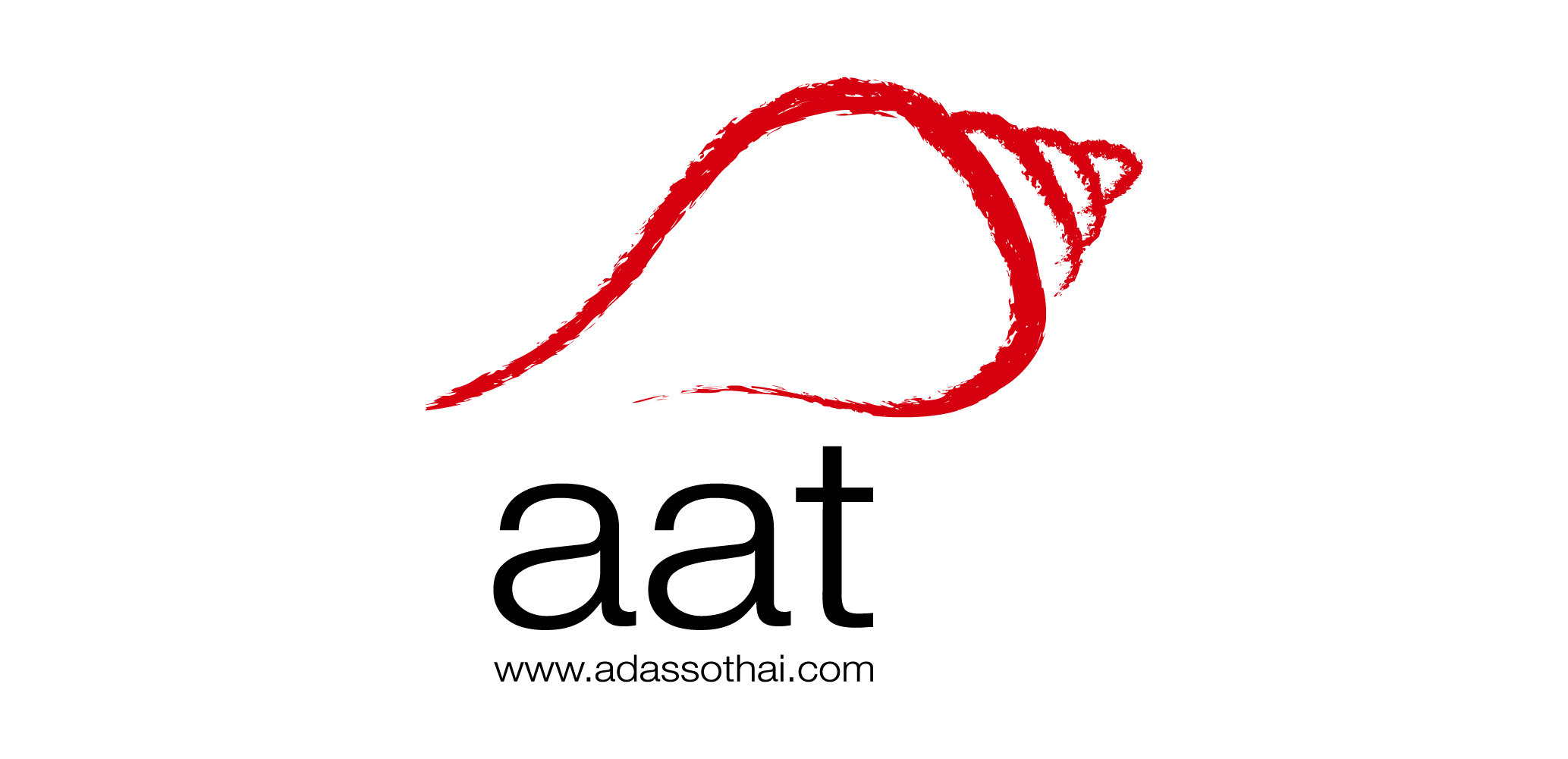
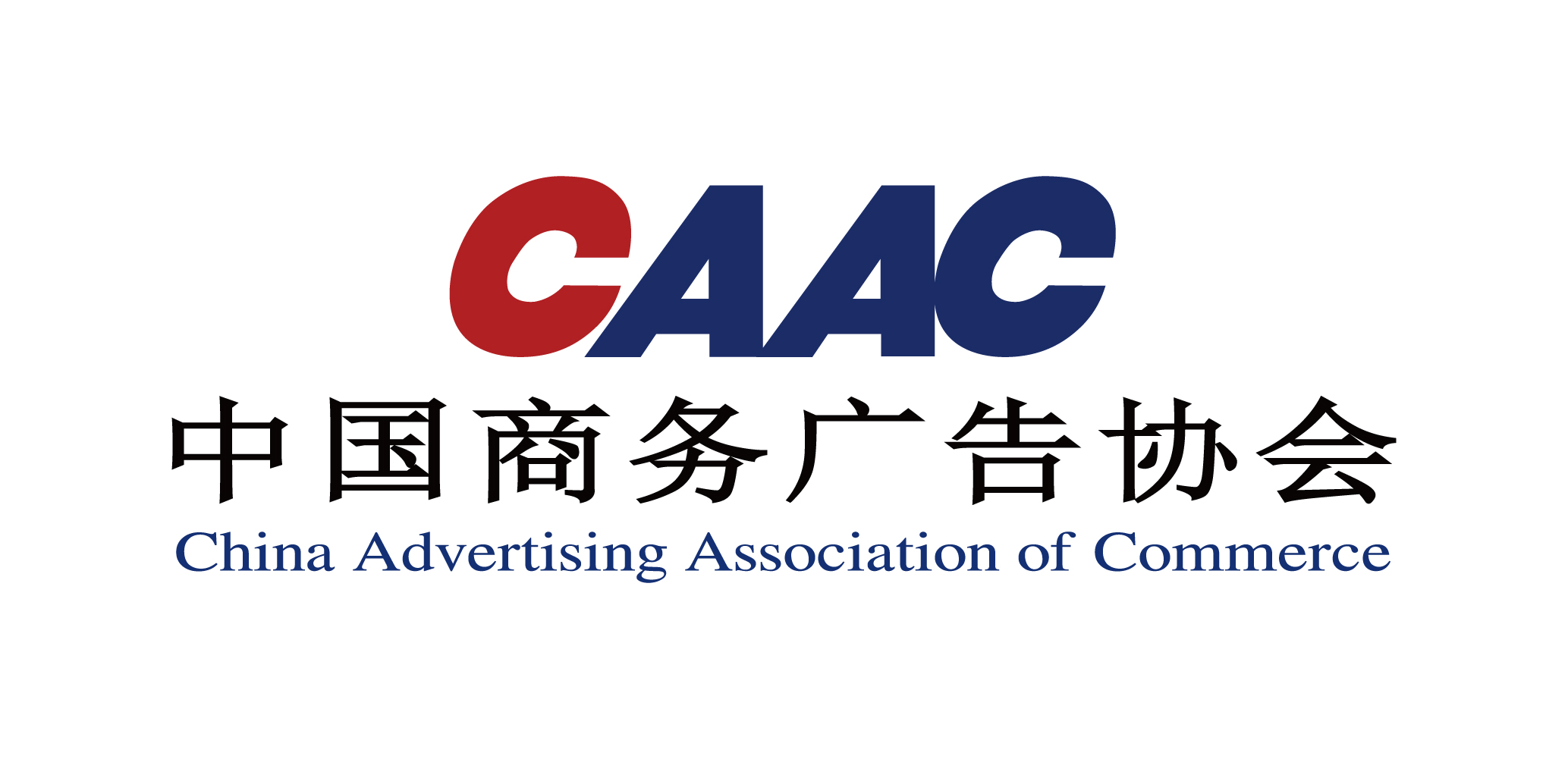
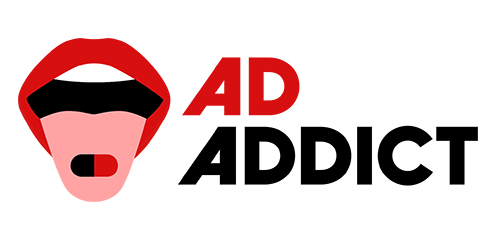
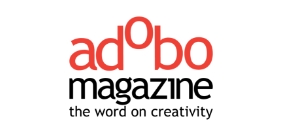

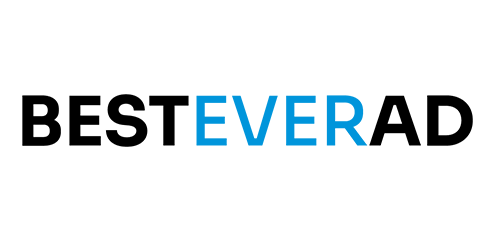

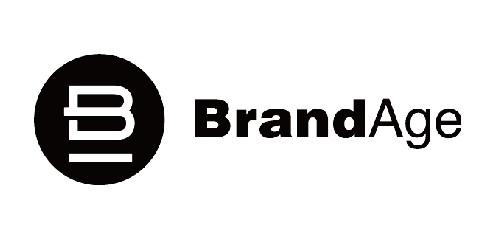
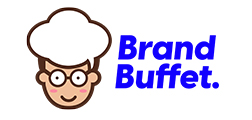
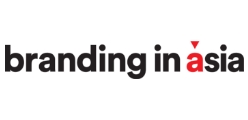
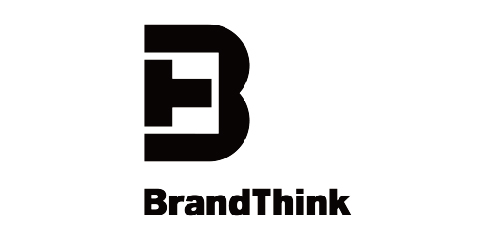
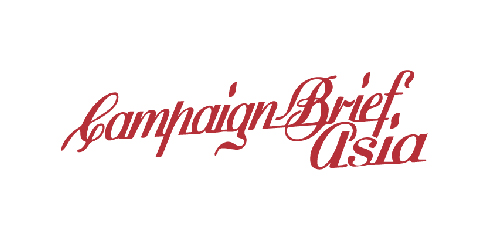
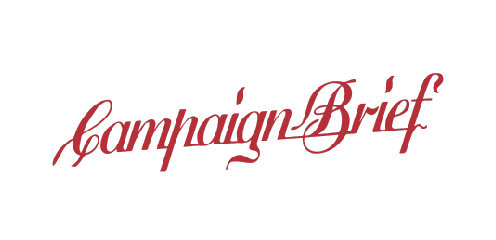
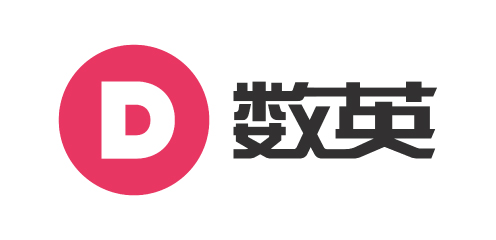
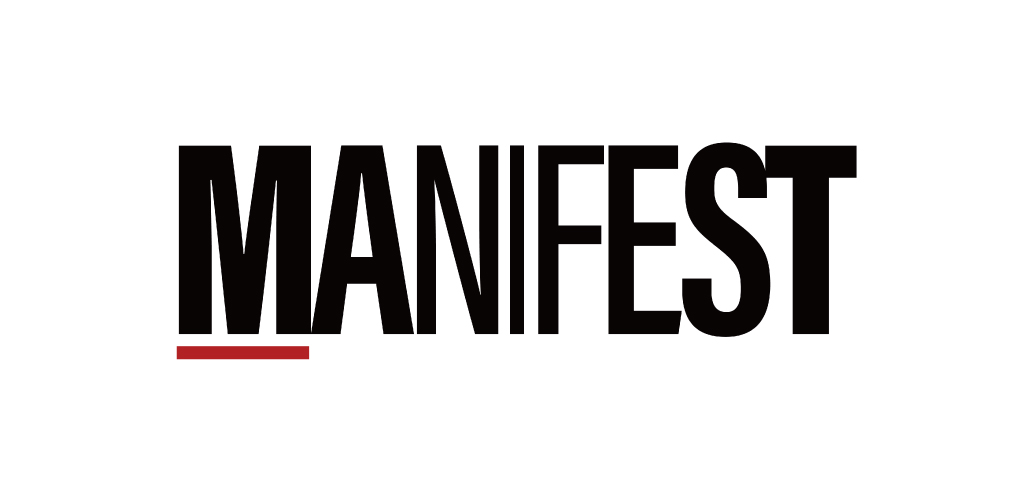
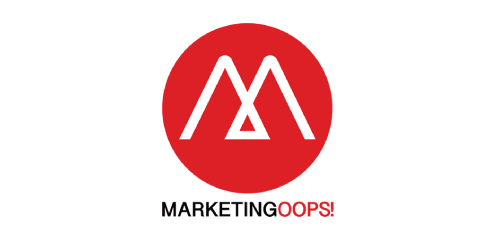
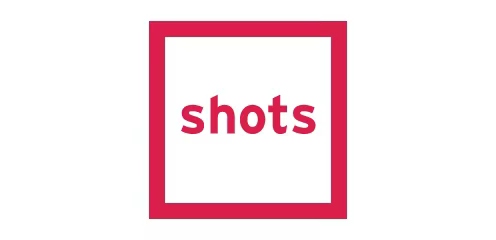
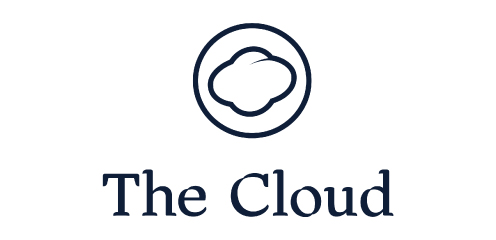
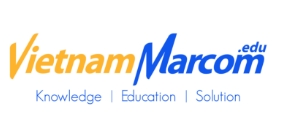
.png)
.png)
.png)
